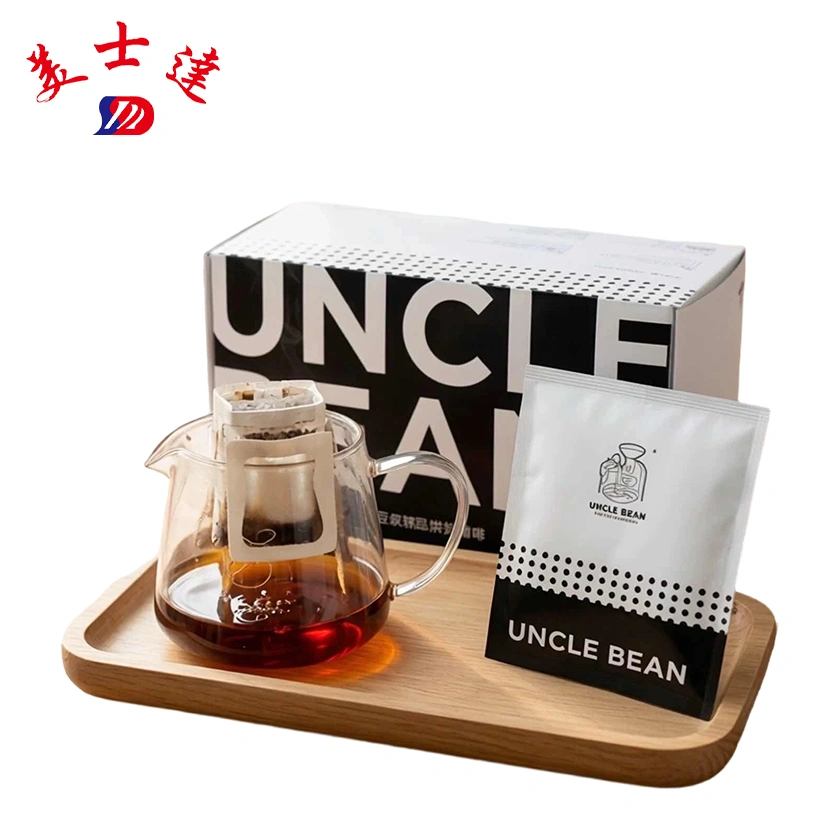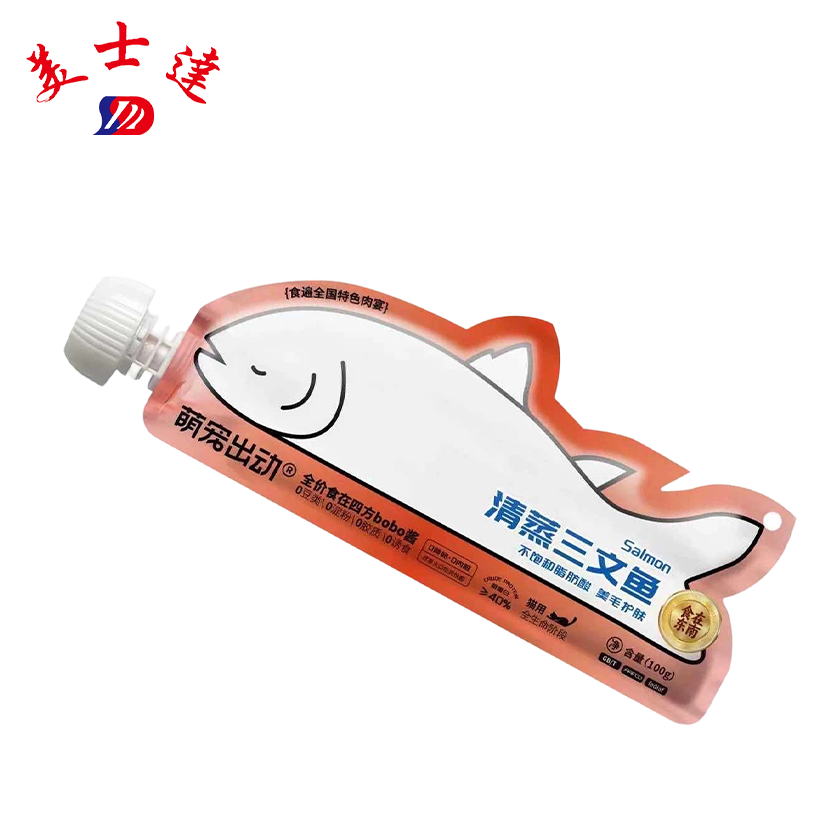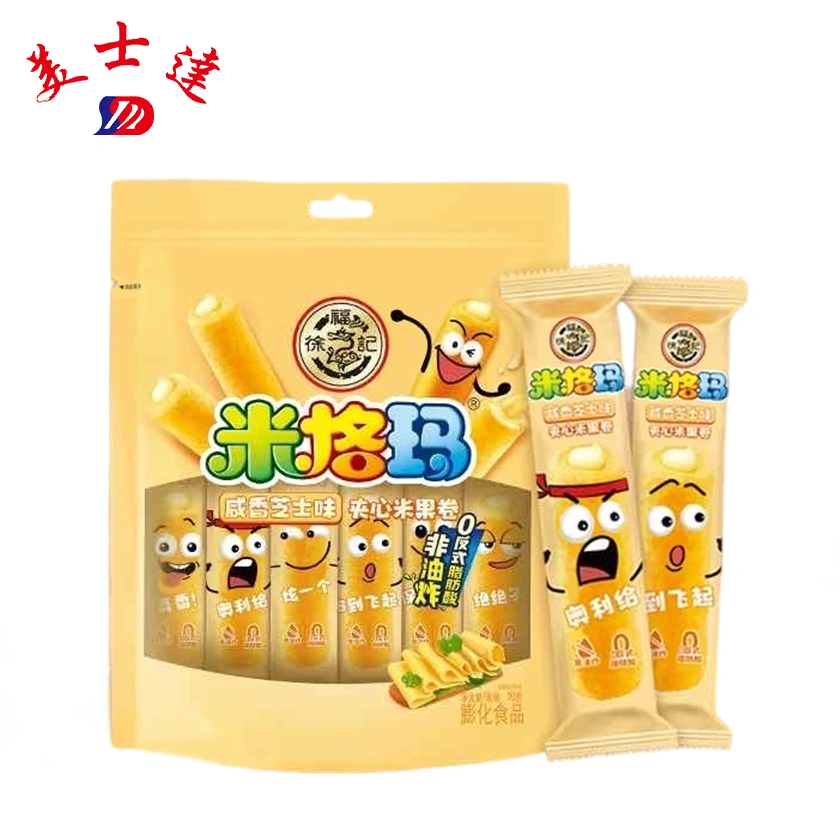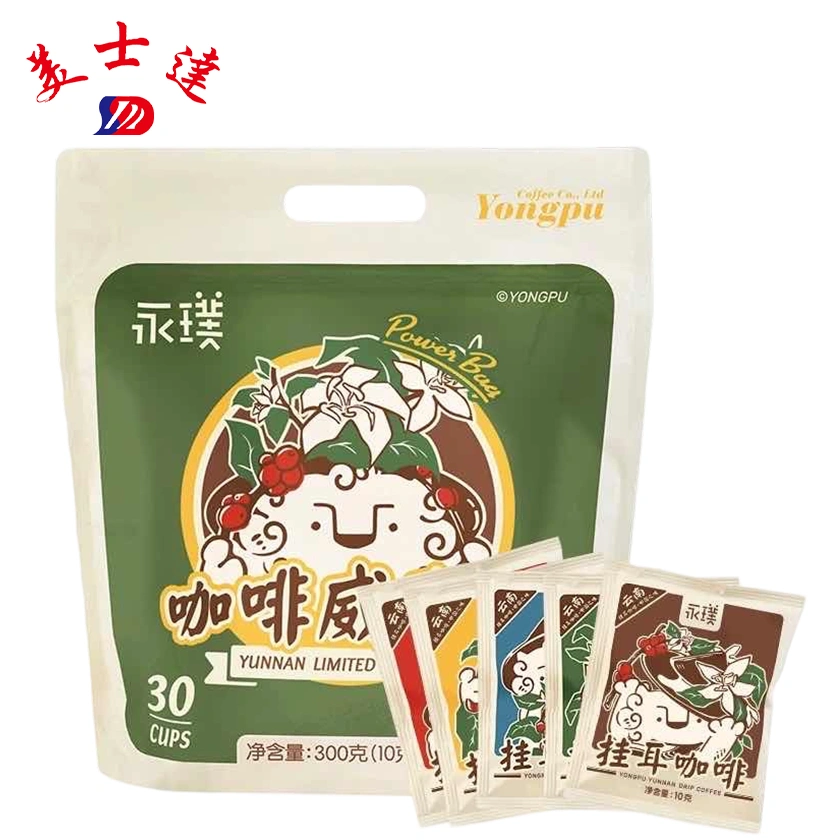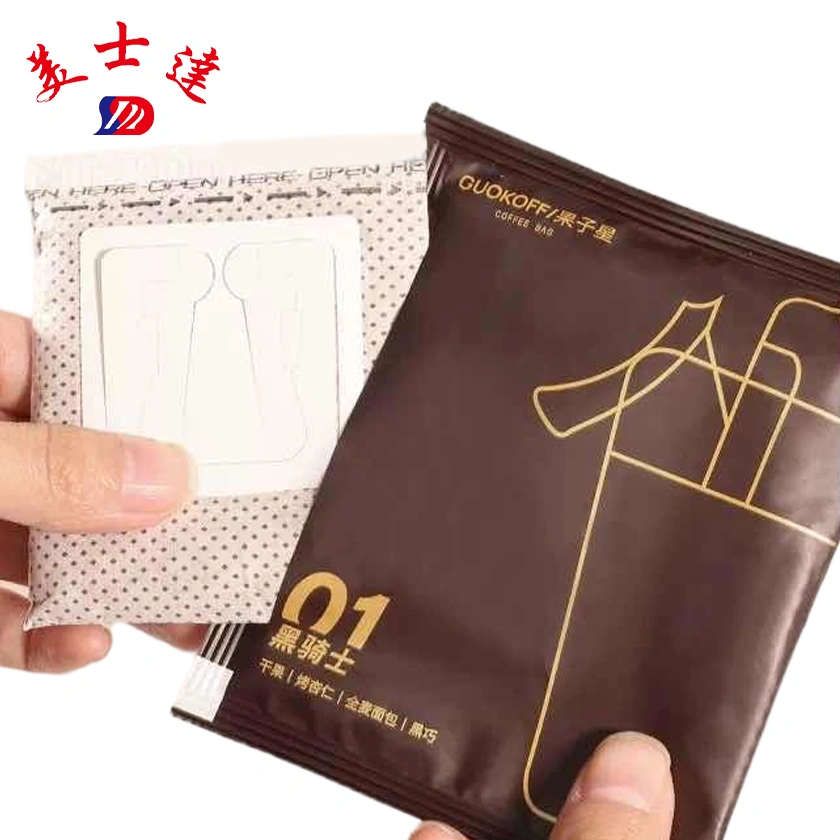Yes — flexible plastic packaging can be recyclable, but its recyclability depends heavily on material structure, local recycling infrastructure, and packaging design. As sustainability becomes a core focus for global brands and consumers alike, understanding what makes flexible packaging recyclable — and how to improve its environmental footprint — is essential.
Meishida will provide an in-depth look at recyclability and help you make greener packaging choices.
What Is Flexible Plastic Packaging?
Flexible plastic packaging includes pouches, bags, sachets, wraps, and films that are made from thin, bendable plastic materials. It is widely used across industries, especially for food, personal care, household, and pharmaceutical products, because it offers:
- Lightweight and low shipping cost
- Barrier protection against moisture, oxygen, and light
- Design flexibility and shelf appeal
- Excellent sealing and durability
However, its multilayer, mixed-material nature often complicates recycling efforts.
Is Flexible Plastic Packaging Recyclable?
Yes — but only under certain conditions. Let’s break it down:
Material Structure: Single-layer vs. Multi-layer
Monomaterial structures (e.g., 100% PE or PP):
These are the most recyclable. They can be processed through standard mechanical recycling methods and are accepted in many recycling streams.
Multilayer or composite structures (e.g., PET/PE, PET/Aluminum/PE):
These combine different plastic types (or plastic with foil) that are fused together. Separating layers during recycling is extremely difficult, making these much less recyclable or even non-recyclable in many regions.
Key Point:
Recyclability increases when packaging is made from a single material type and labeled accordingly.
Printing, Inks, and Additives
Solvent-based inks, metallic layers, and barrier coatings can interfere with recycling and contaminate the recycled resin.
Water-based inks and low-migration coatings (like those used by Meishida Packaging for pharmaceutical applications) are more recycling-friendly.
Local Recycling Infrastructure
Recyclability doesn’t only depend on packaging structure — it also depends on whether local recycling systems can handle it.
- In many developed countries, flexible plastic recycling is growing through curbside collection and drop-off programs (e.g., UK’s soft plastic recycling, US’s How2Recycle program).
- In developing regions, infrastructure gaps make it difficult to collect and process flexible plastics efficiently.
Bottom line: Even a recyclable pouch is only truly “recycled” if a local system exists to collect and process it.
Recycling Technologies: What’s Available?
Mechanical Recycling (most common)
- Works best for clean, single-material plastics like PE and PP films
- Shreds and melts plastics into pellets for reuse in bags, films, or rigid applications
Chemical Recycling (emerging)
- Breaks down complex or contaminated plastics into raw monomers
- Allows for reuse even of multilayer films
- Still expensive and energy-intensive, but improving rapidly
Advanced Sorting & Closed-Loop Systems
- AI-based sorting technology can now identify and separate certain film types
- Some brands and recyclers are developing take-back programs or closed-loop models for specific flexible packaging products
How to Improve Recyclability: Best Practices for Brands
If you’re a product owner or packaging buyer, here’s how to make your packaging more recyclable:
Choose Monomaterial Designs
- Use 100% PE or 100% PP film whenever possible
- Avoid aluminum layers unless absolutely required for barrier performance
Use Recycle-Friendly Inks and Coatings
- Choose water-based or low-impact inks
- Eliminate unnecessary foil effects or laminations
Add Recyclability Labels
- Use internationally recognized symbols like How2Recycle, Mobius loop, or country-specific recycling guidance
Work with Experienced Suppliers
- A good supplier can help you design packaging that meets functional, regulatory, and environmental needs — without unnecessary complexity
Meishida Packaging: Sustainable & Recyclable Pharmaceuticals Packaging Solutions
At Meishida Packaging, we are convinced that high-performing packaging and sustainability should go hand in hand — especially in pharmaceutical applications.
Our Strengths:
- Monomaterial and Recyclable Solutions: We offer medical-grade PE, PP, and other recyclable structures for mechanical recycling.
- Custom Structural Design: Our R&D team designs multilayer barrier film to your shelf life, sterility, and sustainability needs.
- Certified Quality Systems: ISO 9001, ISO 15378, and other pharmaceutical compliance certifications. Strict QC and traceability in manufacturing.
- End-to-End Service: Design consulting, material selection, sample prototyping, manufacturing, quality inspection, and global shipping.
We can assist your conversion to smarter, more recyclable flexible packaging solutions, whether you are a pharmaceutical manufacturer, contract packager, or sustainable brand.
Conclusion
So, can flexible plastic packaging be recycled? Yes, it can — especially if it is designed as a single-material (monomaterial) pack, correctly labeled, and supported by local recycling infrastructures. Improvements in recycling technology and collaborative suppliers mean it has never been easier to balance performance with sustainability.
Meishida Packaging is dedicated to being a trusted manufacturer of recyclable and regulatory-approved flexible packaging for the pharmaceutical industry. Contact us today to learn about recyclable packaging solutions tailored specifically for your product — and move your brand closer to a circular packaging future.

